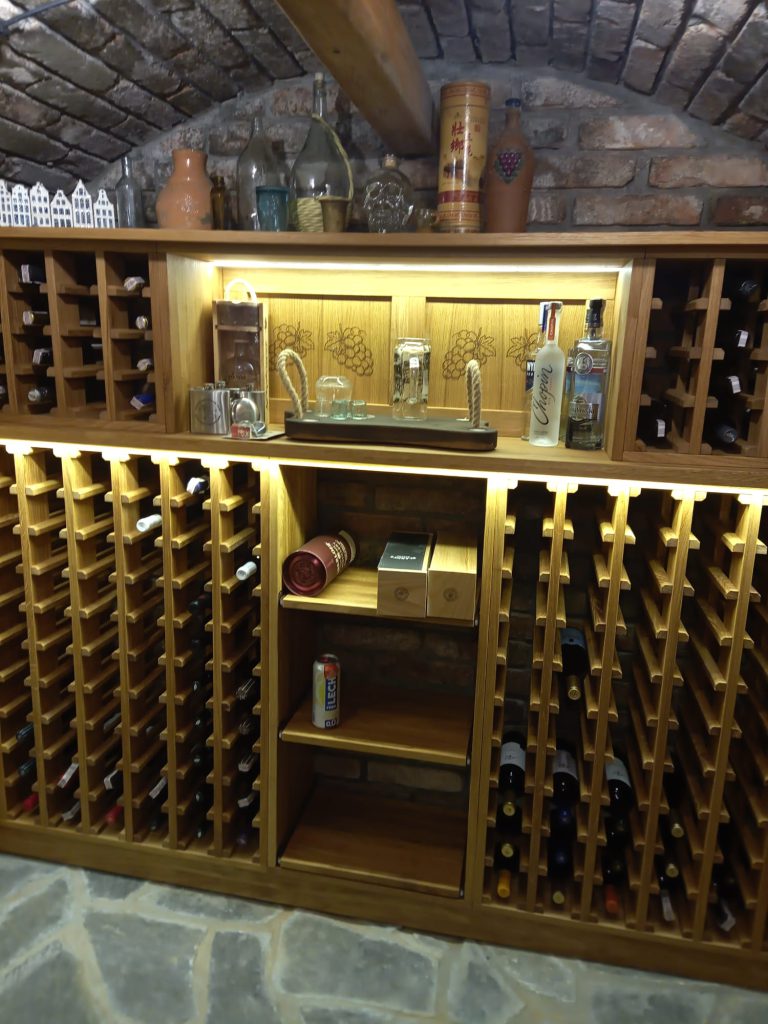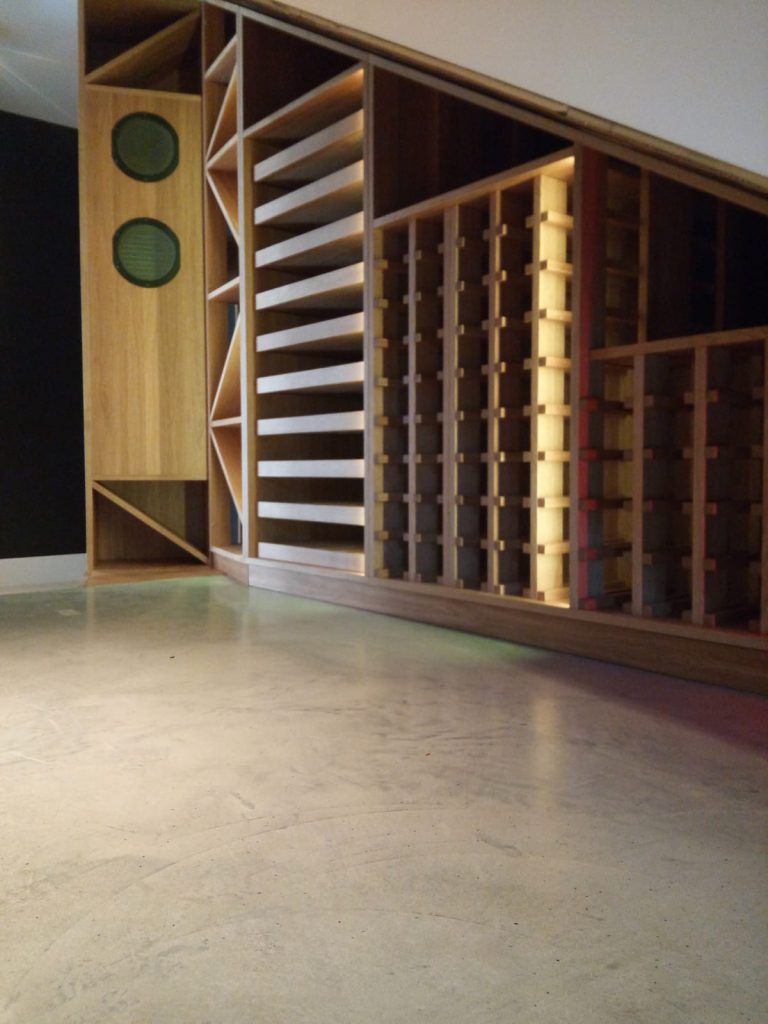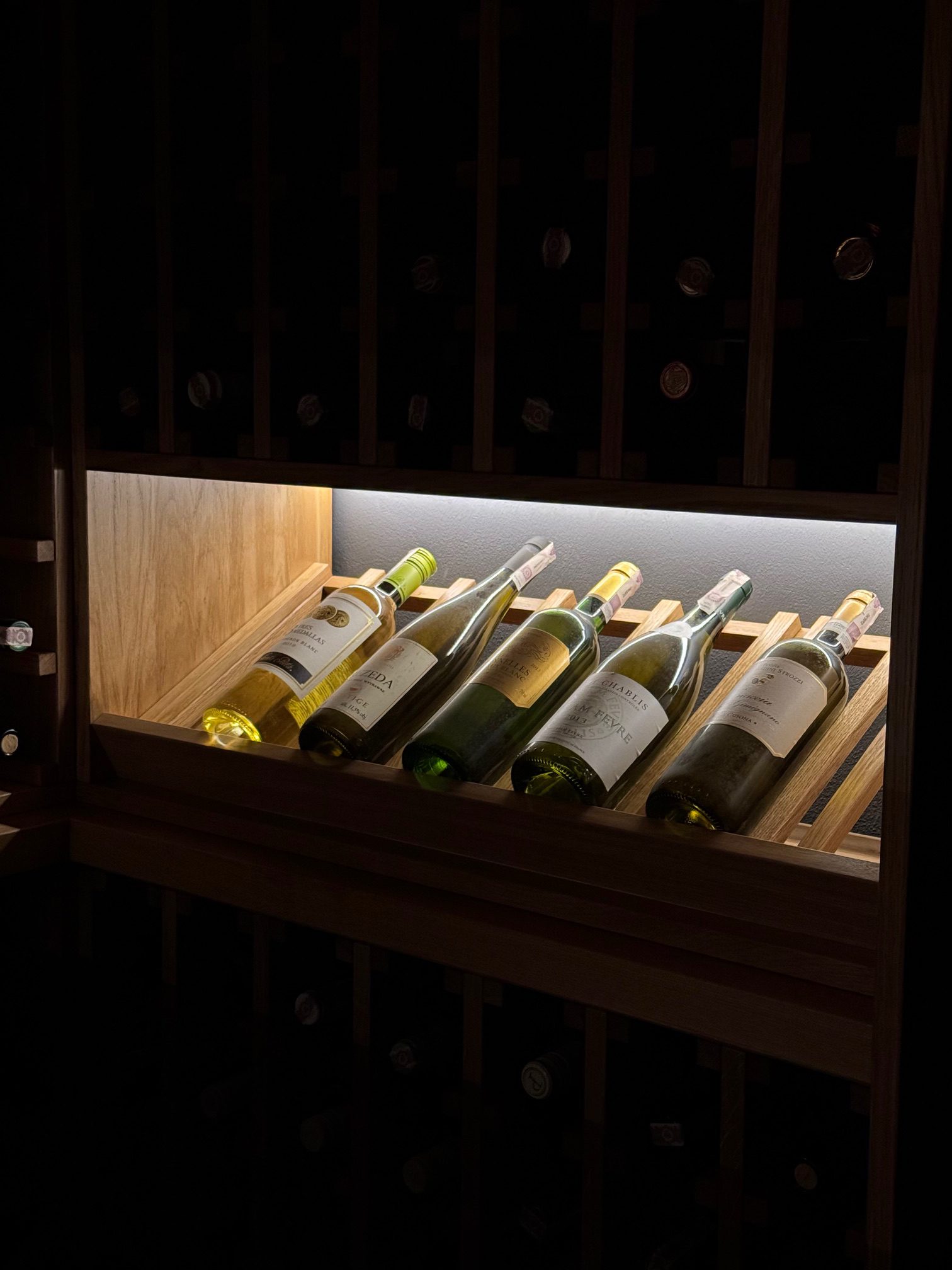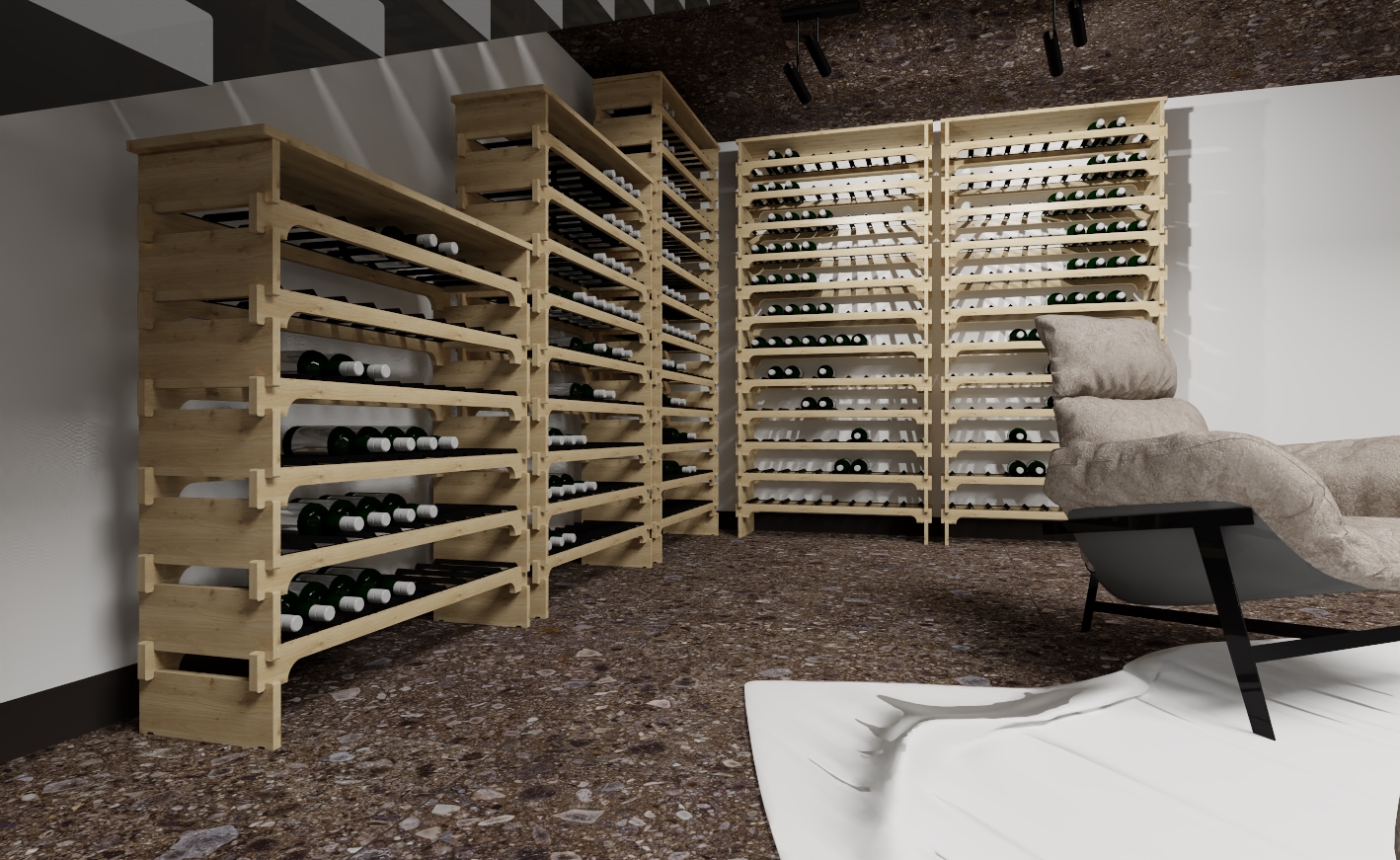For wine enthusiasts, storing wine is an art that requires knowledge, patience, and the right conditions.
Wine is a drink that can develop depth, aromas, and flavors over time, but only if it is provided with a suitable environment for aging.
So how can you store wine to ensure it ages gracefully? Here are some practical tips.
- Constant Temperature
One of the key factors affecting the quality of aging wine is temperature. The optimal storage temperature for wine is between 10 and 15 degrees Celsius.
Too high a temperature accelerates the aging process, potentially resulting in a loss of flavor, while too low a temperature inhibits the development of aromas.
It is also important to avoid sudden temperature changes, which can affect the structure of the wine.
- Humidity
The appropriate humidity level in the wine storage area should range from 60% to 70%.
An overly dry environment can cause the cork to dry out, allowing air to enter the bottle and accelerating the oxidation process.
On the other hand, excessive humidity can encourage the growth of mold on corks and labels.
- Bottle Position
Wines sealed with natural corks should be stored horizontally.
This keeps the cork moist and elastic, preventing it from drying out and allowing air to enter the bottle.
Wines sealed with screw caps or synthetic corks can be stored vertically.

- Protection from Light
UV rays negatively affect wine, breaking down chemical compounds and deteriorating its quality.
Therefore, wine should be stored in a dark place, away from direct sunlight.
Cellars, specialized wine cabinets, or wine coolers with tinted glass doors are ideal.
- Protection from Vibrations
Stability is crucial for aging wine. Vibrations and shocks can disrupt the sedimentation process and the breakdown of components,
negatively impacting the taste and aroma of the wine. The storage area should therefore be free from vibrations and excessive movement.
- Ventilation
Good air circulation in the wine storage area prevents unpleasant odors that can seep through the cork and affect the wine’s flavor.
Wine cellars should be well-ventilated but also protected from drafts.

- Choosing Wines Suitable for Aging
Not all wines are suitable for long-term storage. Red wines with high tannin content, such as Bordeaux, Barolo, or Rioja, have greater aging potential.
Similarly, white wines with high acidity, such as Riesling or Chardonnay, can improve over time.
It is worth consulting an expert or reading the label to determine how long a particular wine can be stored.
Conclusion
Storing wine is a process that requires attention and the right conditions, but the results can be incredibly rewarding.
Properly stored wine becomes a true work of art, delighting with its depth of flavor and aroma.
Pay attention to constant temperature, humidity, bottle position, and protection from light and vibrations to ensure your wine ages gracefully and delights your palate for years to come.
Find us on social mediach :








